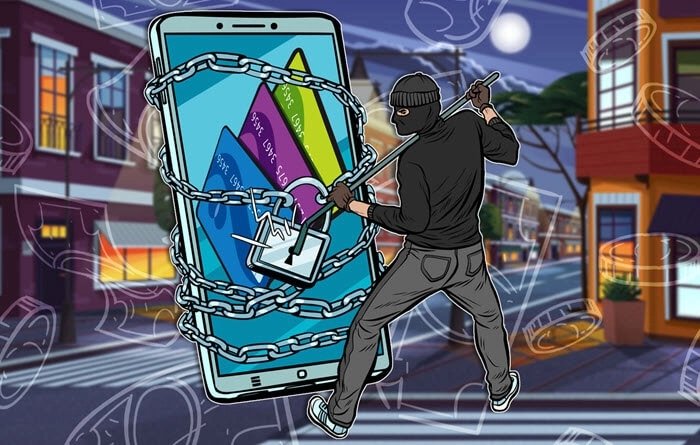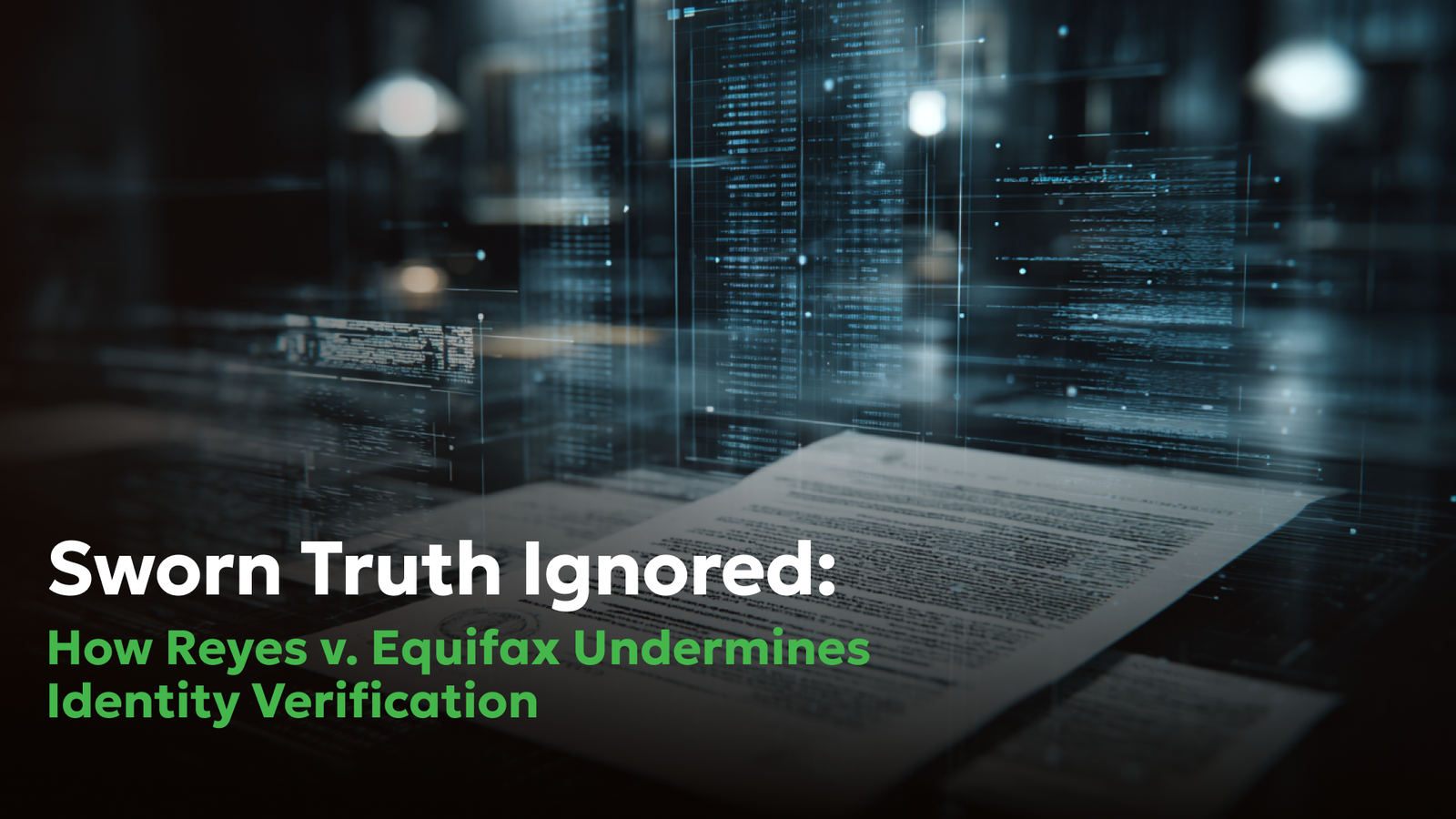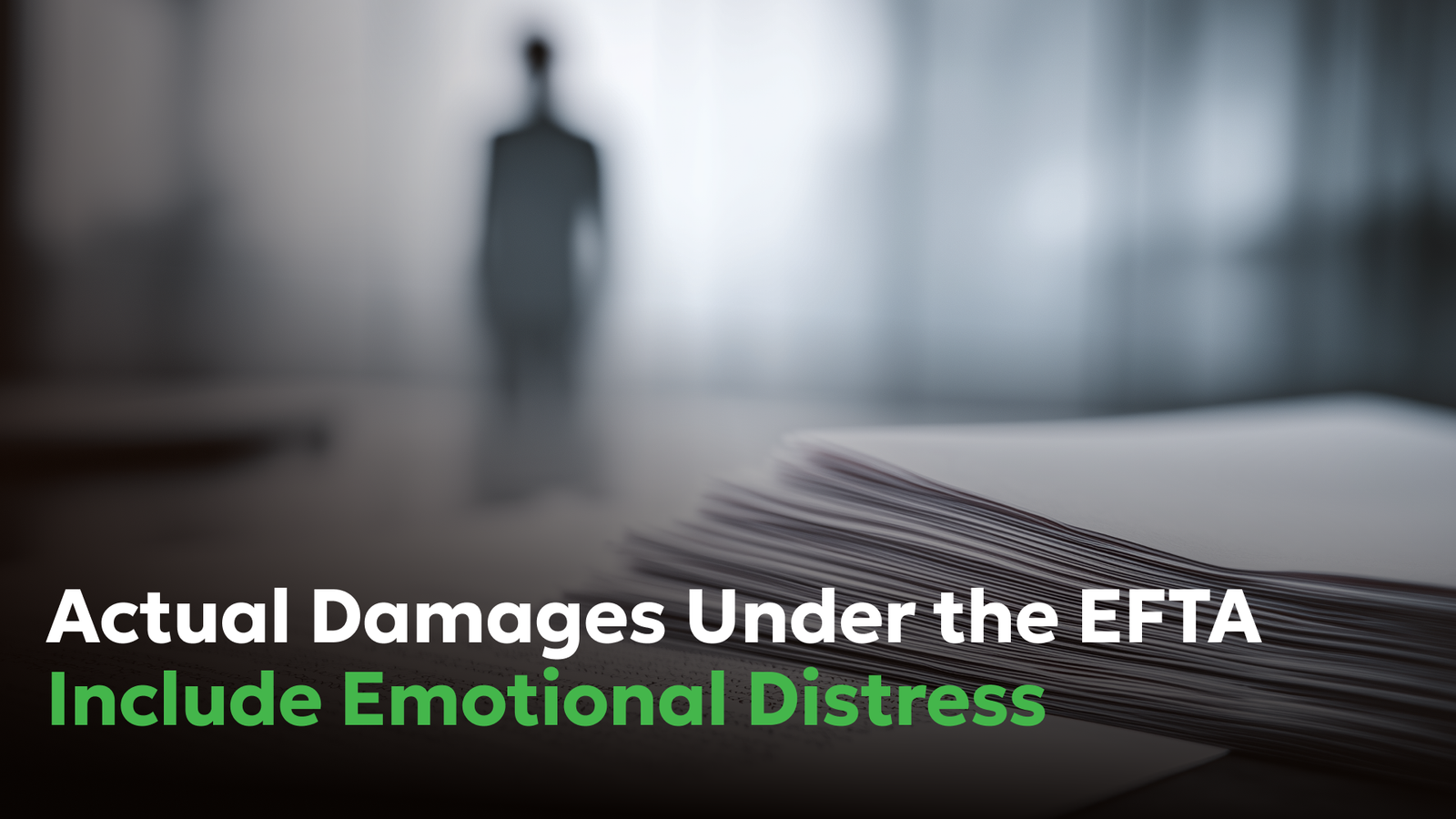Attorneys for Identity Theft Victims
- Our Practice Areas
Identity Theft Attorneys

Identity Theft in 2026: The Rising Threat of Fraudulent Credit Accounts and Unauthorized Transactions
In today’s hyperconnected world, identity theft isn’t just a risk - it’s a growing epidemic. Among the most damaging forms are those that involve fraudulent credit accounts and unauthorized transactions on debit and credit cards. These attacks not only wreak havoc on victims' finances and credit but also often go unnoticed until significant damage is done.
For everyday consumers, vulnerable communities alike, and even entrepreneurs, understanding the scale and mechanics of this threat is crucial.
The Alarming Numbers
The data is clear: identity theft isn’t slowing down. Recent studies paint a sobering picture:
- 22% of U.S. adults have experienced identity theft in some form, with financial fraud making up the majority of cases.
- According to the Federal Trade Commission (FTC), credit card fraud is the most common type of identity theft, making up 43.9% of all reported identity theft cases in 2023.
- In 2024, new-account fraud resulted in $6.2 billion in losses, affecting more than 62 million people. Additionally, account takeover fraud (where a fraudster hijacks your existing account) costs victims $15.6 billion (Javelin Identity Theft Report via AARP & Investopedia).
- A report by McAfee showed that 1 in 3 adults who were affected by identity theft lost more than $1,000, while 14% lost over $10,000.
- 63% of American cardholders experienced at least one unauthorized purchase.
- 21% - 24% experienced multiple incidents within the same year (FTC, WalletHub, Merchant Cost Consulting).
And perhaps more concerning, fraudsters are getting faster and more sophisticated. Many fraudulent accounts are created and used within minutes of stealing someone’s information.
What Is an Identity Theft Fraud?
Fraudulent Credit Account
Fraudulent accounts are opened by impostors who gain access to your personal information, such as your Name, Social Security Number, Date Of Birth, or Home Address. They use it to establish new credit lines, loans, utility services, or bank accounts in your name. These accounts are typically maxed out or neglected, leading to defaults and collections, which then appear on your credit report. Victims of stolen identity are often blindsided when they begin receiving calls from debt collectors about debts they never incurred. The emotional and financial toll can be overwhelming, especially when trying to prove you never opened these accounts. A "fraudulent account opened in my name" can spiral into lowered credit scores, loan denials, or even housing and job rejections. Our identity theft protection lawyers can help you assert your rights and clean up the damage.
The Fair Credit Reporting Act (FCRA) plays a key role in protecting victims of fraudulent accounts. It gives you the right to block inaccurate data and mandates credit reporting agencies (CRAs) to ensure maximum possible accuracy. If these agencies fail, they can be held liable.
Cybercriminals often get this information through:
- Data breaches (e.g., Experian, Capital One, T-Mobile).
- Phishing emails and smishing texts.
- Dark web marketplaces.
- Insider theft at companies with lax security protocols.
- Even surprisingly low-tech: stealing a wallet, phone, or even simply knowing you well enough to exploit trust.
- Family members, roommates, or former partners are often behind what's known as “familiar fraud.”
Once a fraudster opens a credit card in your name, they can max it out quickly. Victims are often unaware until they’re:
- Denied for a legitimate credit application.
- Alerted to missed payments.
- Notified of a sudden drop in their credit score.
- Contacted by debt collectors for charges they never made.
Stat Fact: According to Identity Theft Resource Center, in 2024, financial accounts represented 81% of identity-related breaches, and the average recovery time for victims exceeded 6 months - making identity theft a full-time job with no pay, and one whose emotional toll is rarely discussed.
Unauthorized Debit & Credit Card Transactions
Unauthorized charges typically appear on accounts you already hold. They may be the result of a stolen card, a phishing scam, or unauthorized access to your account credentials. These can range from small, easily overlooked unauthorized charges to major purchases that drain your finances. If you suddenly see fraudulent credit card charges or fraudulent charges on a debit card, you need legal support. While banks may offer some restitution, they often fail to catch repeat patterns or properly address claims. A skilled lawyer for fraudulent debit card charges can ensure your case is taken seriously.
Your rights under the Fair Credit Billing Act (FCBA) and the Electronic Fund Transfer Act (EFTA) are particularly relevant here. The FCBA limits your liability for unauthorized credit card charges and requires creditors to investigate billing errors. Meanwhile, the EFTA protects consumers from unauthorized electronic fund transfers, such as fraudulent charges on debit cards, and mandates timely resolution. But neither one prevents the stress, delay, and disruption victims face.
Common sources of compromise include:
- Card skimmers at ATMs or gas stations
- Online breaches of retailer databases
- Phishing links mimicking your bank or payment provider
- Compromised apps and digital wallets
Stat Fact: In a study by Security.org, nearly 4 in 10 Americans said they had at least one unauthorized charge on their debit or credit cards in the past year. Of those, half experienced losses over $500, and 21% never recovered their full money.
What Happens to Victims
Victims of identity theft tied to financial fraud often face:
- Credit damage from unpaid balances or high utilization rates.
- Loss of access to credit while disputes are under review.
- Account freezes and denied transactions, even for legitimate purchases.
- Mental health strain from prolonged resolution processes.
- Compounded harm when multiple accounts are hit at once.
Many spend dozens of hours gathering documents, submitting affidavits, and disputing charges - often across multiple institutions.
When and Why You Need an Identity Theft Attorney
An identity theft lawyer becomes essential when your efforts to correct errors or stop fraudulent activity hit a wall. If you're overwhelmed by the process of disputing fraudulent accounts or charges, or if credit bureaus and creditors are unresponsive, delay action, or fail to remove incorrect information, a seasoned attorney can intervene effectively. Legal representation is especially critical if your credit report errors have led to denials for credit, housing, or employment, or if you've suffered financial loss. Identity theft attorneys understand the intricacies of the FCRA, FCBA, and EFTA and can help you take legal action to recover damages, enforce compliance, and restore your financial standing. Don't face this battle alone - having a knowledgeable legal advocate ensures your rights are not only recognized but also enforced.
Your Rights Under the Law
Consumers are protected by several key laws:
Fair Credit Reporting Act (FCRA)
- You have the right to dispute fraudulent or inaccurate credit accounts.
- Credit bureaus must investigate and correct errors within 30 days.
- You may be eligible for actual, statutory, and punitive damages if the reporting agency fails to act appropriately.
Electronic Fund Transfer Act (EFTA)
- If you report an unauthorized debit transaction within 2 business days, your liability is limited to $50.
- Delays in reporting can increase your liability to $500 or more.
Fair Credit Billing Act (FCBA)
- For credit cards, you're only liable for up to $50 in unauthorized charges, and many banks waive this entirely if reported promptly.
Do I Need an Identity Theft Victim Lawyer Near Me and How Much do lawyers for identity theft victims charge?
The answer is: not necessarily. Consumer Attorneys represents identity theft victims in every state under federal law. Thanks to the nationwide nature of FCRA, FCBA, and EFTA protections, our experienced attorneys can help no matter where you live. Plus, you’re unlikely to need to travel or appear in court - our team handles everything for you.
And when it comes to cost, most identity theft cases operate under fee-shifting statutes, meaning the companies that violated your rights are responsible for your legal fees if we win. That makes powerful legal representation accessible - without the financial burden.
How to Protect Your Identity From Being Stolen
Here are some steps that experts (including the FTC, NCLC, and Identity Theft Resource Center) recommend:
Monitor:
- Check your credit report from Equifax, Experian, and TransUnion at AnnualCreditReport.com.
- Set up account alerts for every transaction over $1.
Secure:
- Use strong, unique passwords and a reputable password manager.
- Enable multi-factor authentication for every financial account.
- Avoid using public Wi-Fi for banking or shopping.
Freeze:
- Place a credit freeze to prevent new credit accounts from being opened in your name.
- Consider adding a fraud alert to your credit files for extra protection.
Educate:
- Stay aware of common scams and phishing tactics.
- Never click on unsolicited links in emails or texts claiming to be your bank.
What to Do If You’re a Victim & How to dispute identity theft on credit report
- Report the fraud to your financial institutions and have the accounts frozen or closed.
- File a report with the FTC at IdentityTheft.gov - you’ll receive a recovery plan and pre-filled documents to use with banks and credit bureaus.
- Place a fraud alert with one of the credit bureaus. They’ll notify the others.
- Submit disputes with the credit bureaus for any fraudulent accounts or activity.
- Consider filing a police report for serious or recurring cases.
Stat Fact: According to McAfee, 1 in 5 victims of financial identity theft never fully recovers the money lost - and 30% spend over 100 hours resolving the issues.
Final Thoughts
The impact of identity theft, especially through fraudulent credit accounts and unauthorized debit/credit transactions, is not just financial - it’s emotional, mental, and systemic. In 2025, it’s no longer a question of “if” but “when” your information might be targeted.
The good news? You have tools, rights, and resources to fight back.
If you believe your rights under the FCRA, EFTA, or FCBA have been violated, or if institutions fail to act promptly to correct the issue, legal action may be an option. Consumer attorneys across the country help clients hold banks, credit bureaus, and data handlers accountable, at no cost to the victim.
We're Here to Help
At Consumer Attorneys, we fight for your rights under the FCRA, FCBA, and EFTA. If you're struggling with a fraudulent account on credit report or looking for a dedicated identity theft lawyer, contact us for a free consultation. We can help you restore your credit, protect your identity, and hold the responsible parties accountable
Frequently Asked Questions
An identity theft lawyer can help dispute fraudulent charges, liaise with credit bureaus and creditors, guide you through legal processes, and work to restore your financial reputation.
The duration varies based on the complexity of the case, but with prompt action and legal assistance, many issues can be resolved within a few months.
Yes, some employers conduct credit checks. Negative marks from identity theft can affect job prospects, making it essential to address issues promptly.
Look for unfamiliar accounts, credit inquiries you didn’t authorize, or sudden drops in your credit score without clear reason.
A fraud alert notifies potential lenders to take extra steps to verify your identity before issuing credit. Unlike a freeze, it doesn’t block access to your credit file entirely, so it’s easier to manage if you still need to open new credit lines. A fraud alert lasts one year (renewable), while an extended fraud alert (for confirmed identity theft victims) lasts seven years.
Yes, as soon as you detect any fraudulent activity, contact each affected creditor or company. Request account closure or correction, and ask for written confirmation that the charges are being removed. Doing this promptly can help limit your liability and speed up the recovery process.
Generally, no. Under federal law, if you report the identity theft quickly, typically within 60 days, you are not liable for unauthorized charges. Credit card companies often have zero-liability policies for fraud, and banks must investigate unauthorized electronic transfers under Regulation E.
If a credit bureau refuses to correct your credit report despite clear evidence of fraud, you have legal options. You can contact Consumer Attorneys, PLLC, and may be entitled to sue the bureau or creditor for damages with the help of an attorney. This legal action can help enforce your rights and hold them accountable under the FCRA.
Related Articles




R
ONGS™You pay nothing. The law makes them pay.













